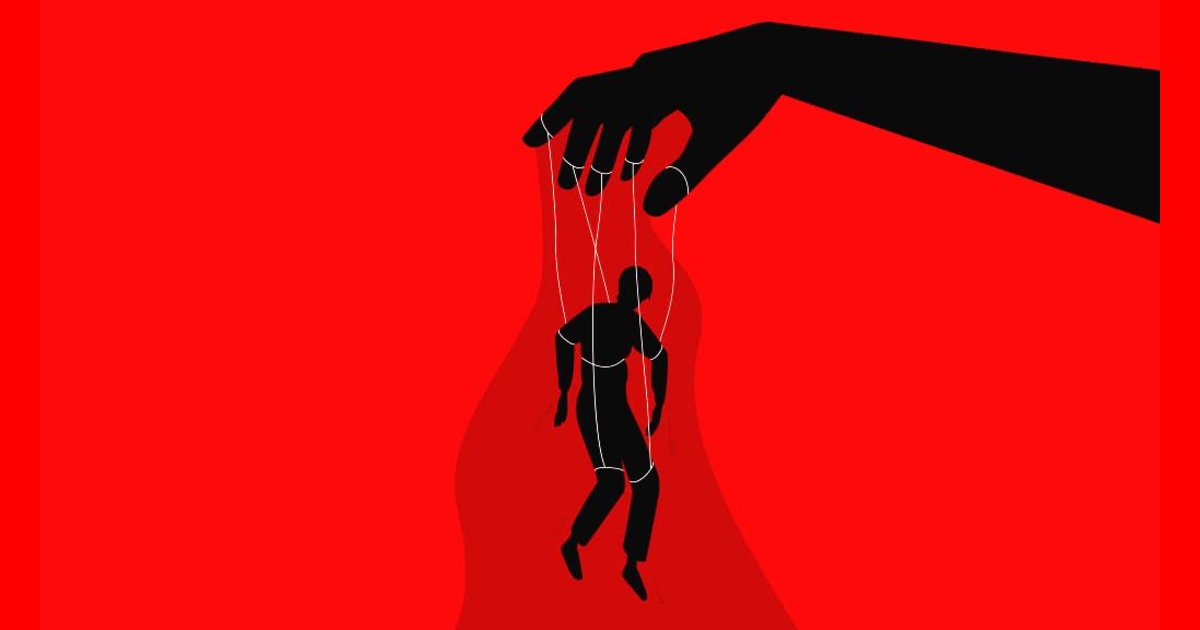The term “ambient gaslighting” is gaining recognition as a subtle form of psychological manipulation that often goes unnoticed. Let’s learn more about it.
While “gaslighting” is a well-known concept involving attempts to make someone question their reality, “ambient gaslighting” refers to the subtle mistreatment or disrespect experienced in small doses. This phenomenon can manifest in various aspects of life, including interpersonal relationships, the workplace, marketing, and political news.
Dr. Grant Brenner, a physician psychiatrist, coined the term to describe the background feeling of unease that people experience, where they suspect they might be subtly deceived. This phenomenon is akin to background noise, making individuals constantly question their perceptions.
Examples of ambient gaslighting can be found in several areas of life:
- Targeted Marketing: Marketing campaigns may subtly manipulate desires, leaving individuals unsure if their wants are genuine or planted by ads.
- Political News: Polarized politics and opinion-based news have given rise to alternate realities. Unverified social media posts and convincing, but questionable news programs can make individuals question their beliefs.
- The Workplace: Despite executive claims of transparency, employees may experience contradictory behaviors, contributing to a sense of unease.
In an age of information overload from diverse sources, it’s increasingly challenging to determine the truth. The information environment is often ambiguous and deceptive. To combat ambient gaslighting, individuals should develop a strong self-awareness and self-understanding.
Here are some steps to tackle ambient gaslighting:
- Educate Yourself: Consume information critically by considering multiple perspectives and sources, especially in news consumption.
- Ask Questions: In the workplace, seek clarification by asking questions to bridge the gap between promised transparency and observed behavior.
When the manipulation is less subtle and more pervasive, it may constitute conventional gaslighting, which is often more intentional and overt.
Signs of Gaslighting:
- Constant confusion
- Difficulty trusting your memories and feelings
- Frequent apologies
- Feeling incapable of doing anything right
- High levels of anxiety and nervousness
- Low self-confidence
- Struggling to trust yourself
- Self-blame, even when not at fault
To combat gaslighting, consider the following steps:
- Collect Proof: Document instances of manipulation to build a case against it.
- Seek Support: Connect with friends, family, or a support network to gain an outside perspective and emotional support.
- Set Clear Boundaries: Establish and communicate your boundaries to prevent further manipulation.
- Professional Help: If necessary, seek the assistance of a mental health professional to rebuild self-trust and self-worth.
In conclusion, ambient gaslighting is a subtle yet pervasive form of psychological manipulation that often goes unnoticed. Recognizing the signs and taking appropriate action, whether by self-education, setting boundaries, or seeking professional help, can help individuals combat these manipulative tactics and regain their sense of self-worth and self-trust.








Leave a Reply
You must be logged in to post a comment.